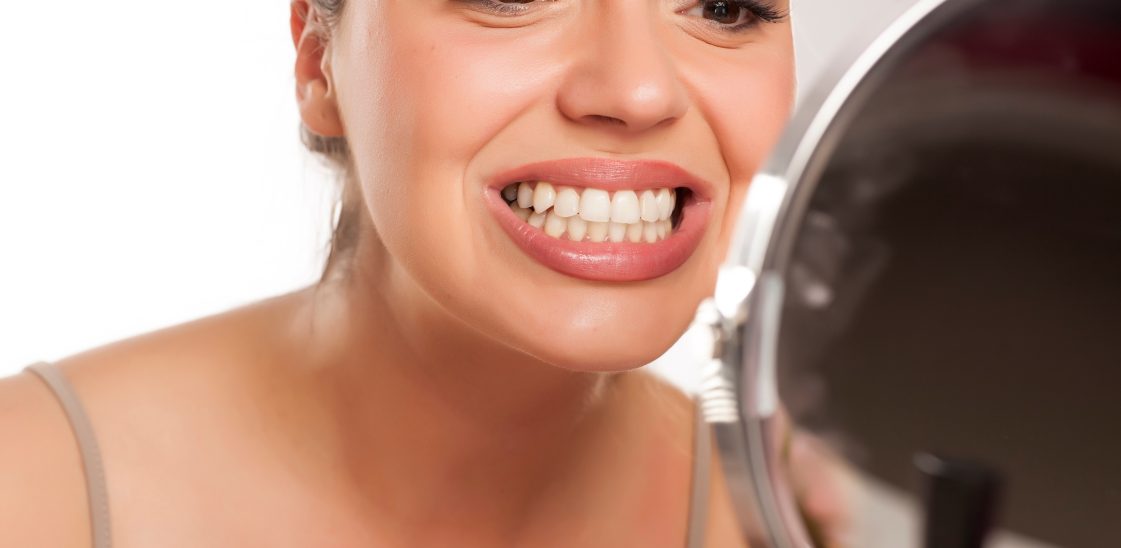
Can dental problems cause mental illness?
If the risk of developing serious dental problems alone isn’t enough to spur you on to improve your oral hygiene routine, it might be helpful to learn about the other ways that your oral health can impact your overall wellbeing. Having poor dental health isn’t as simple as just having bad teeth – it can also have a knock on effect on other areas of our health. Dental problems can affect our overall physical health, but what about our state of mind?
Can bad teeth affect mental health?
It might seem like a stretch to suggest that poor dental hygiene can cause problems with your mental health, but it’s important not to underestimate the importance of oral health. Most mental illnesses have more complex causes than a simple lack of confidence, but that doesn’t mean self esteem isn’t a factor. In other words, bad teeth might not cause mental illness directly or wholly, but dental problems can exacerbate existing issues until they have a big impact on your everyday life[1].
How does poor hygiene affect your mental health?
For many of us, confidence and self esteem are strongly linked to our physical appearance. Therefore, if we perceive ourselves to look or otherwise seem unattractive, we feel less confident. This could be because of a bad hair day, smelly breath or an uninspired outfit – anything that makes you feel down. This can lead to feelings of inadequacy, anxiety and depression, all of which constitute negative mental health.
In some ways, poor oral health may have an even bigger impact on our mental health than some other physical attributes due to the control we have over it. Rightly or wrongly, it’s easier to blame yourself for halitosis or cavities than it is to blame yourself for the shape of your nose or your height.
In order to reduce the impact your dental health has on your mental state, it may help to keep up a good oral hygiene routine, including flossing. Regular string floss can be tricky to use if you’ve never done it before, so try floss picks like Dentek’s Eco Sensitive Floss Picks. These feature long handles and silky soft ribbon floss to make flossing as simple and easy as possible especially when you have sensitive gums[1].
How does mental health affect oral health?
As well as your oral health affecting your mental state, poor mental health can then go on to have a negative impact on your dental hygiene. We know that some people find dentist appointments very stressful, and this can deter them from attending their regular check ups. This, in turn, can result in problems being missed and getting worse.
Sufferers of bulimia can experience something called dental erosion where the protective enamel coating of their teeth is worn away over time. Everyone has this to some extent, but it’s more prevalent in people who vomit often due to the high level of acids present in bile. The impact of bulimia and other eating disorders on diet can also have an effect on levels of certain minerals, such as calcium, in the body[1].
On top of this, people who have anxiety may be more likely to grind their teeth whether consciously or unconsciously. This can cause the enamel to be worn down by the abrasive action, leading to sensitivity. Although it’s worth tackling the cause of anxiety in time, there is a quick fix that can help to limit the oral health impact. Teeth guards such as Dentek’s Maximum Protection Dental Guards cushion the teeth to reduce grinding and avoid jaw and skull pain with a mouldable, slim-fit design[2].
All in all, neglecting your oral health can have a big impact on your mental wellbeing and may land you in a cycle it’s hard to break out of. Keeping up with a thorough dental hygiene routine is one way you can boost your confidence and work towards greater mental resilience.
Resources:
[1] https://www.ncbi.nlm.nih.gov/pmc/articles/PMC4841282/ Kisely, Steve. “No Mental Health without Oral Health.” Canadian journal of psychiatry. Revue canadienne de psychiatrie vol. 61,5 (2016): 277-82. doi:10.1177/0706743716632523




